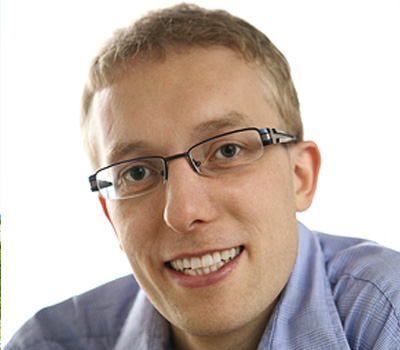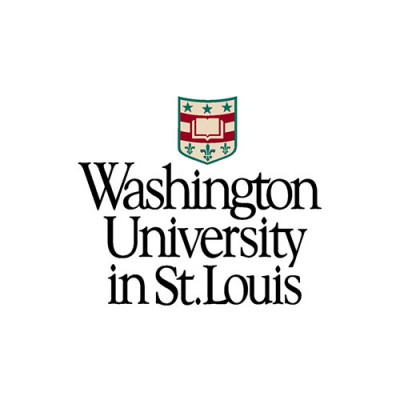Developing learning algorithms to increase web search energy efficiency
Google processes an average of nearly six billion web searches a day. Many Googlers may already know this fact, but few know about the massive amounts of energy that major web-search platforms, such as Google, consume on a daily basis. Dr. Kilian Weinberger who teaches at Washington University in St. Louis, has identified a new opportunity that will reduce the carbon footprint of major web search engines. Dr Weinberger has developed "learning algorithms" that have promising results for increasing energy efficiency for web searches.
- Dr. Kilian Weinberger and his team of researchers have developed a machine learning algorithm that can reduce web search energy usage by 90%, while maintaining the same search results as traditional web searches.
- The saving percentage of 90% was confirmed by Dr. Weinberger and his team using actual trading/testing data from Yahoo.
- Dr. Weinberger's learning algorithms have the potential to save enough energy to power a small town.
- The algorithm works like a knob controlling a shower head. For easy searches like Wikipedia, the algorithm "turns left" and uses little energy to complete simple searches. For more difficult and complex searches, it "turns right" and utilizes quite a bit more energy and computing power.
- This "knob" can be adjusted based on an individual's search preference, allowing for variable speed and energy usage.
Dr. Weinberger's algorithms can dramatically improve energy efficiency for large scale web search platforms or server farms. Beyond this immediate application, the learning algorithms Dr. Weinberger develops have a promising future as a component of artificial intelligence, or mobile technology.
Bio
Dr. Weinberger completed his undergraduate work (B.S. in Mathematics and Computer Science) at the prestigious University of Oxford in the United Kingdom before continuing and earning his Masters of Science and Ph.D. (Machine Learning) at the Ivy League member, University of Pennsylvania.
During his studies, Dr. Weinberger worked as an intern for SIEMENS Munich and IBM. Following completion of his doctorate, Dr. Weinberger worked for Yahoo in their research department where he worked on next-generation spam filtering algorithms, multimedia search, high-dimensional data analysis and machine learning with convex optimization.
Dr. Weinberger's name is currently on four US patents, with another 10 patents pending.
-
Current patents include:
-
Automatic super-resolution transformation for images (US Patent 8,406,571)
-
Distributed spam filtering utilizing a plurality of global classifiers and a local classifier (US Patent 8,108,323)
-
Method and apparatus for improved reward-based learning using nonlinear dimensionality reduction (US Patent 8,060,454)
-
Context aware image representation (US Patent 8,433,993)
-
In addition to his teaching position and research, Dr. Weinberger serves on the organizing committee and as an area chair for the ICML (International Conference on Machine Learning) and NIPS (Neural Information Processing Systems).
His work on supervised and unsupervised metric learning has won several outstanding paper awards at CVPR, AISTATS and ICML.
Publications
Videos
Awards
NSF CAREER Award, 2012
Presented by the National Science Foundation
Yahoo! Faculty Research and Engagement Award, 2012
Presented by Yahoo!
AAAI Outstanding Senior Program Chair Award, 2011
Presented by the Association for the Advancement of Artificial Intelligence
Yahoo! Faculty Research and Engagement Award, 2010
Presented by Yahoo!
Yahoo! Inc. You Rock Employee Award
Shared with A. Dasgupta and M. Zinkevich, Presented by Yahoo!
UCSD Student Data Mining Competition (Document Classification) Winner, 2006
Presented by UCSD
Best Student Paper Award, 2005
Presented by Artificial Intelligence and Statistics
Best Student Paper Award, 2004
Presented by CVPR
Best Student Paper Award, 2004
Presented by the International Conference on Machine Learning
Data Connection Prize, 2002
for Best Undergraduate Research Project in Computer Science, Presented by Oxford University
Award for Outstanding Performance in Final Exams, 2002
Presented by St. Peter's College, Oxford University
Award for Exceptional Achievements During Internship, 2001
Presented by SIEMENS
Award for Outstanding Performance in Preliminary Exams, 2000
Awarded Scholar Status, Presented by St. Peter's College, Oxford University


